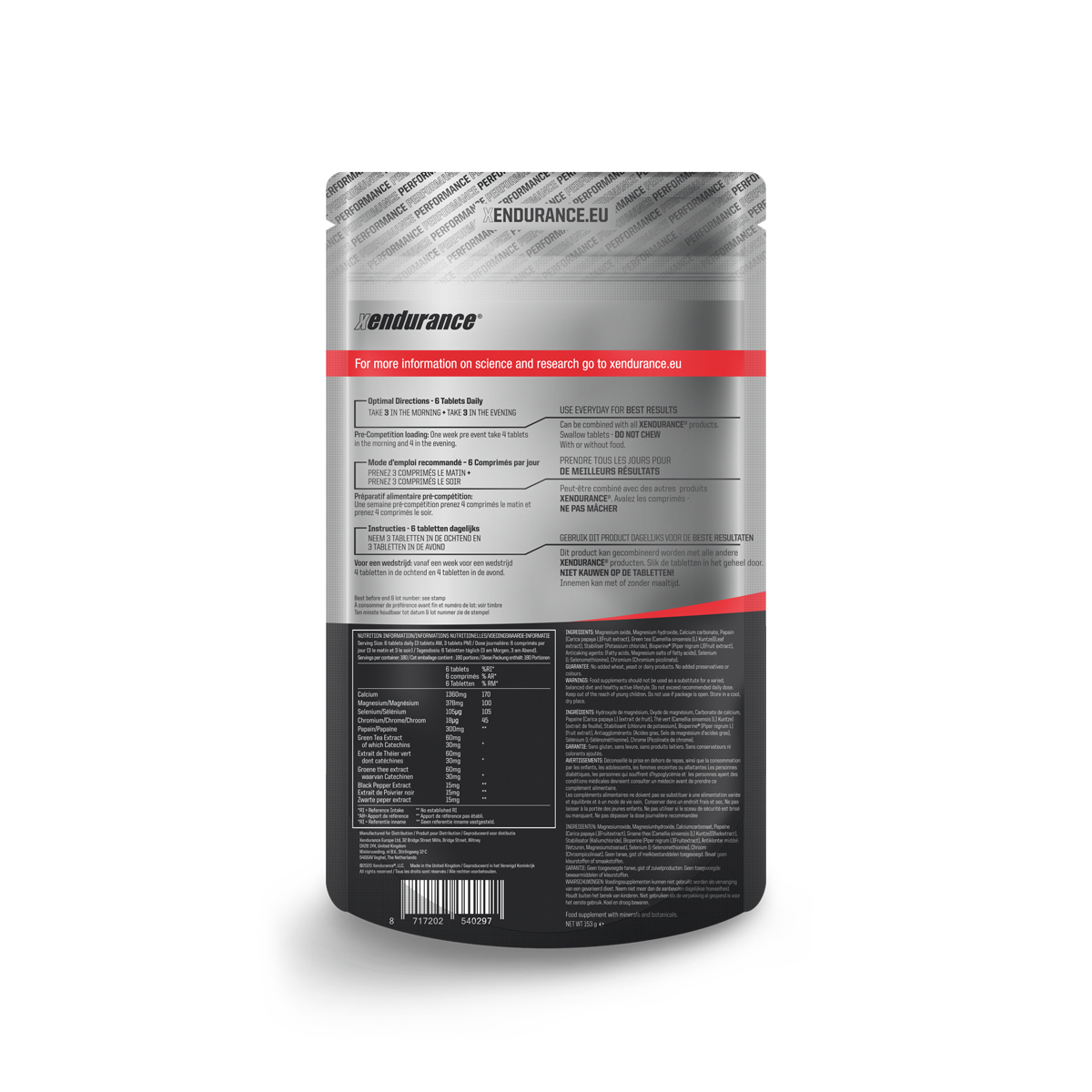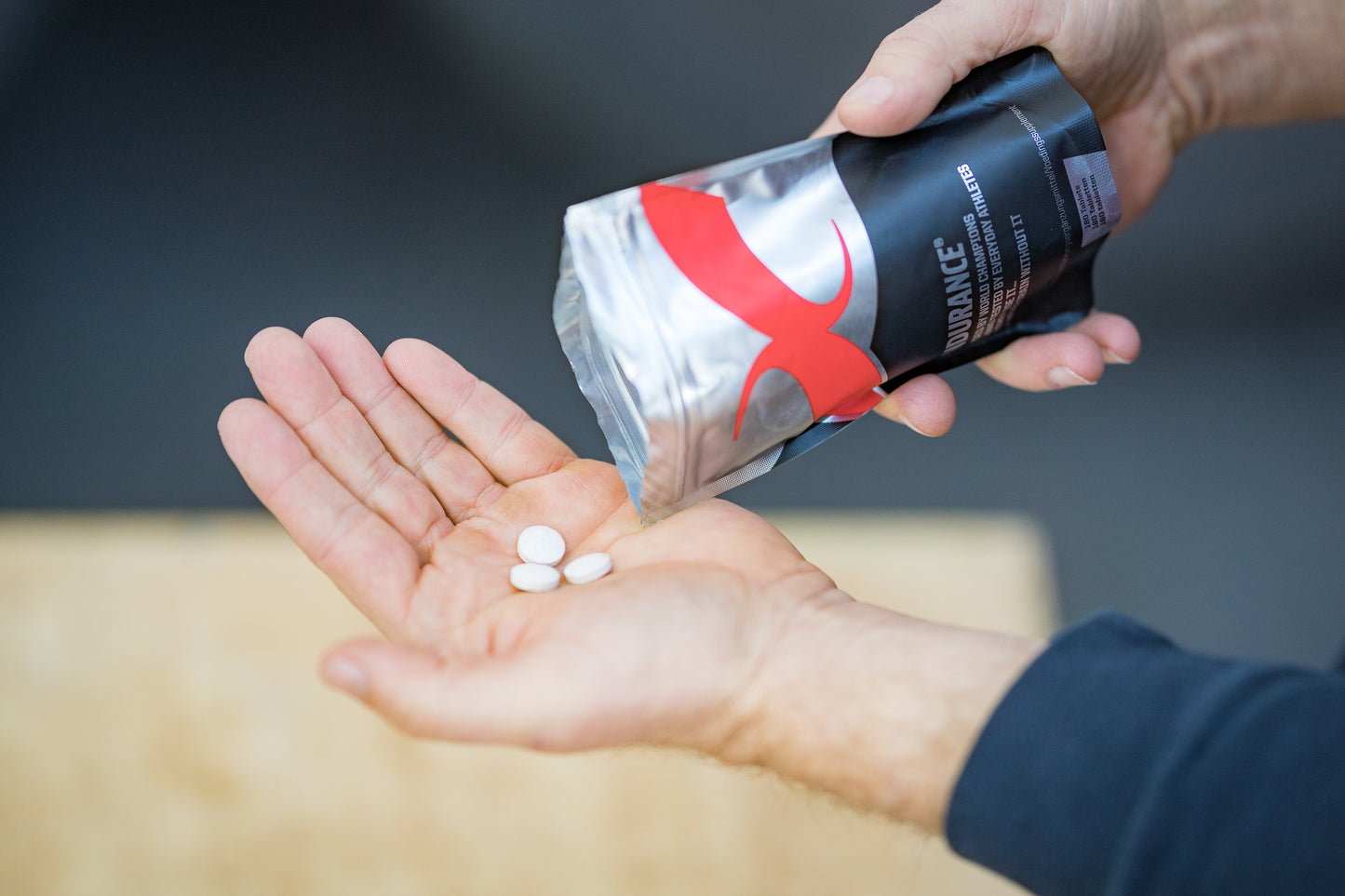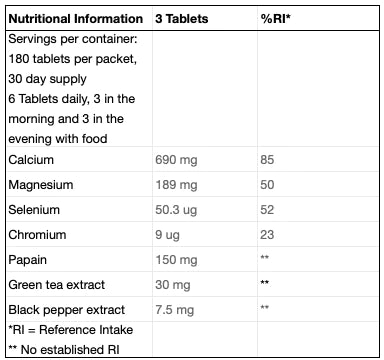A viral infection can set you back several days or even a couple of weeks. And with flu season right around the corner, we're all looking for ways to boost our immune systems fast.
Our immune system plays a crucial role in protecting against infections. However, a fast-paced modern lifestyle can expose us to various pathogens, toxic substances, and free radicals. These can cause oxidative stress, which can significantly impair our immune function.
Not only that, but studies have also shown that oxidative stress may also increase our risk of chronic conditions such as cancer, heart disease, and diabetes.
So to look after our overall long-term health, we must find ways to strengthen our immune system. Need help getting started? Here are 9 ways to naturally build your immune system.
How to Make Your Immune System Strong
If you’re asking, “How to build my immune system naturally?” Here's what you need to know.
1. Exercise Regularly
Moderate-intensity exercise, when done regularly, can help enhance your body's immune response. According to studies, exercise can improve the body's ability to detect pathogens and produce a normal immune response. As such, the immune system can better surveil pathogens and fight infections before they create damage to your body.
In one study, participants who did brisk walking for 45 minutes 5 days a week for 12 weeks had fewer sick days due to upper respiratory tract infections than the non-exercise group.
Regular exercise also helps reduce oxidative stress, which has been linked to many diseases. Researchers suggest this may be because regular exercise can influence the immune system to favour anti-inflammatory cytokines over pro-inflammatory cytokines.
To strengthen your immune system, experts recommend at least 150 minutes of moderate-intensity exercise such as walking, swimming, jogging, and light hiking.
2. Maintain a Healthy Diet
Maintaining a healthy diet is one of the best ways to boost your immune system. Whole grains, vegetables, fruits, legumes, and fatty fish provide your body with the nutrients it needs to function optimally. This includes cells in your immune system.
A healthy diet is rich in vitamins, minerals, and other micronutrients, which are crucial to the immune response. For example, vitamins A and D help increase the number of T-cells and B-cells that fight off infection. Micronutrients allow the immune system to respond effectively against pathogens and resolve them rapidly to avoid chronic inflammation.
In comparison, a Western diet high in saturated fat, calories, added sugars, and salt is associated with suppressed or impaired immune function.
3. Improve Gut Health
Did you know that 70% of your immune system is in the gut? Our immune cells and gut microbiome are deeply intertwined. The microorganisms in the gut actually teach immune cells and affect how they will respond.
If your diet is predominantly high in fat, sugar, animal meat, and processed foods, it leads to an overabundance of bad bacteria. In turn, this promotes an inflammatory response and may increase the risk for autoimmune diseases.
So if you want to learn how to make the immune system strong, it's vital to look after your gut health. A healthy diet rich in fiber, nutrients, antioxidants, and polyphenols will promote a balanced microbiome. You can also incorporate fermented foods or probiotic supplements to maintain optimal gut health.
4. Get Quality Sleep
Sleep is necessary for regulating the immune system. Studies show that the immune system performs certain functions depending on the day. At night, it releases cytokines that circulate throughout the body to look for viruses or infections.
Immune cells also stop at your lymph nodes to build immunological memory — taking note of any infections during the day. To trigger these actions, the immune system takes a cue from the circadian rhythm.
This means that the immune system cannot carry out these essential repairs if you're not getting enough sleep. As such, you might be more prone to infections, inflammation, and chronic diseases.
So the next time you feel like sleep is optional, think again. Your body is actually working overtime as you sleep. To ensure that your immune system can perform essential functions, experts recommend getting at least 7 to 9 hours of sleep.
5. Stay Hydrated
Why do doctors recommend drinking plenty of fluids when you're sick? You may not realise it, but water plays a large part in boosting your immune system.
Blood, which comprises 90% water, is the body's primary transport system. As such, water is essential in carrying vitamins, minerals, and other nutrients to different parts of the body. This allows your tissues and organs to function optimally, thus becoming less susceptible to illness or infection.
Water also helps remove bacteria and toxins from the body via our sweat. This staves off pathogens from becoming full-blown infections.
So, if you want to strengthen your immune system, drink enough water or fluids daily.
6. Avoid Alcohol
According to studies, alcohol consumption can disrupt immune pathways. This affects the body's ability to defend itself from infection and makes it harder to repair tissue injury.
In the gut, alcohol can also reduce the microorganisms needed for developing the immune system. It can damage the gut barrier, allowing pathogenic bacteria to enter the bloodstream and infect tissues or organs.
If you want to boost your immune system, it might be best to avoid alcohol. Otherwise, make sure to drink in moderation.
7. Manage Stress
Chronic stress can influence your immune function. Though the exact mechanisms have yet to be fully understood, studies have found that stress simultaneously stimulates and suppresses the immune system. This leads to alterations in cytokine secretion, which then increases one’s vulnerability to infections and diseases.
Chronic stress may also indirectly influence immune function. Stress can cause us to eat unhealthy foods, drink more alcohol, and get less sleep. These factors can also impact immune function and cause inflammation.
As such, taking measures to reduce your stress levels is important. Studies have found that mindfulness practices such as deep breathing, meditation, and yoga may help reduce stress and enhance one's quality of life. It can also be as simple as spending time with your loved ones, engaging in pleasurable hobbies, or listening to music.
8. Practice Health Hygiene
The COVID-19 pandemic has taught us just how fast viruses can spread. And with flu season coming, we must take extra measures to limit our exposure to viruses, bacteria, and pathogens.
Health and hygiene always go hand in hand. Practicing healthy hygiene habits can also lessen the burden on your immune system. This includes washing your hands before you eat, covering your mouth when you sneeze, trimming your nails, avoiding touching your face, and even wearing a mask when you're going to crowded places.
These are essential steps to take if you want to avoid infection. It's not just about protecting yourself too. Since viruses tend to spread in enclosed areas, these healthy habits will protect your loved ones from viruses and infections.
9. Incorporate Supplements
Nutrient deficiencies can negatively impact your immune function. According to studies, the essential micronutrients for immunocompetence are vitamins A, B2, B6, B12, C, D, and E, as well as zinc, selenium, folic acid, and iron.
Supplements with garlic and echinacea may also help stimulate the immune system. In addition, catechins have been found to have antiviral properties that can stop viruses from replicating in the body.
A healthy diet is always the best source of these essential micronutrients. However, since nutrient absorption decreases as we age, consider incorporating multivitamins or supplements into your daily regimen.
At Xendurance, we have Immune Boost — a daily multivitamin that helps support your immune system. You get nourishing vitamins and minerals that boost your immunity and overall health.
It’s also packed with antioxidants and phytonutrients that protect against free radicals, pathogens, and toxins — helping reduce your risk of infections and chronic diseases. The high bioavailability also means you’re getting a lot of micronutrients in each capsule.
How to Build My Immune System Naturally
Now more than ever, we know how important it is to look after our immune system. As you can see, the immune system plays a crucial role in protecting us from illness or infections. And it's not just the seasonal bout of flu, making the immune system strong also helps protect your overall health in the long run.
That's because our immune system enables the body to fight against free radicals and oxidative stress. Studies show that free radical damage is associated with various chronic and degenerative health conditions.
There is really no trick to boosting the immune system fast. It takes consistency and commitment to adapt to a healthy lifestyle. But with a balanced diet, regular exercise, and quality sleep, you are on the right path to building a good health foundation.
Incorporating other strategies such as stress management, health hygiene, and boosting with immune system supplements can enhance your health efforts even more. These are great ways to build your immune system naturally so that your body can function optimally and be less susceptible to damage caused by viruses, bacteria, and pathogens.










